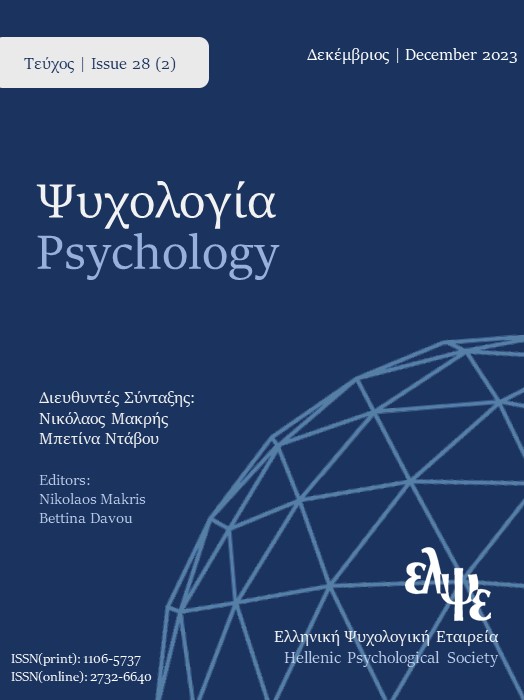Factors that affect the formation of epistemic emotions: The role of "high confidence errors"

Abstract
The present study examined the hypothesis that "high confidence errors" will elicit epistemic emotions. The sample consisted of 302 undergraduate and postgraduate students of Greek Universities. The main task was four decision-making scenarios, which force to high confidence common logical errors due to the use of heuristics. Performance in each scenario was followed by an estimation of their feeling of difficulty and of confidence, an external feedback for the correct answer, estimations for epistemic emotions (surprise, curiosity, confusion) and task specific interest. The results verified the hypothesis that high confidence errors consist a significant eliciting factor of basic epistemic emotions, illustrating thus the role of unexpected feedback as a significant elicitor of epistemic emotions. Moreover, it was verified the contribution of cognitive, metacognitive and motivational factors on the formation of epistemic emotions. The theoretical and practical implications of the findings are discussed.
Article Details
- How to Cite
-
Stergiadou, P., Nerantzaki, K., & Metallidou, P. (2023). Factors that affect the formation of epistemic emotions: The role of "high confidence errors". Psychology: The Journal of the Hellenic Psychological Society, 28(2), 124–140. https://doi.org/10.12681/psy_hps.30131
- Section
- RESEARCH PAPERS

This work is licensed under a Creative Commons Attribution-ShareAlike 4.0 International License.
The journal PSYCHOLOGY adopts a Platinum open-access policy. Submission, processing or publication costs are waived by the Hellenic Psychological Society. Papers published in the journal PSYCHOLOGY are licensed under a 'Creative Commons Attribution-ShareAlike 4.0 International' licence. The authors reserve the copyright of their work and grant the journal the right of its first publication. Third-party licensees are allowed to use the published paper immediately after publication as they wish, provided they retain the defined by the license copyright formalities, regarding the reference to its author(s) and its initial publication in the journal PSYCHOLOGY. Moreover, any adjusted work should be shared under the same reuse rights, so with the same CC license.


